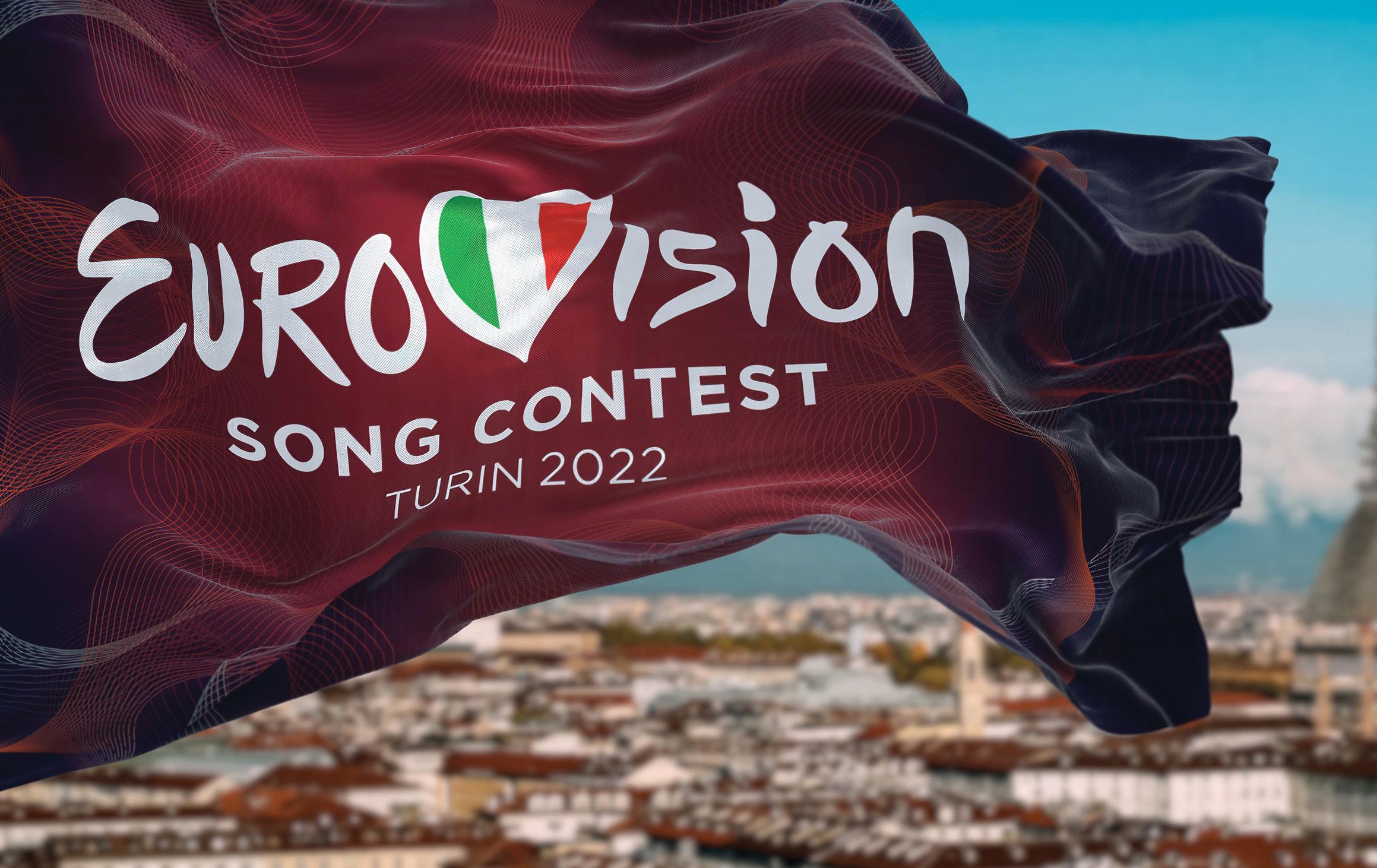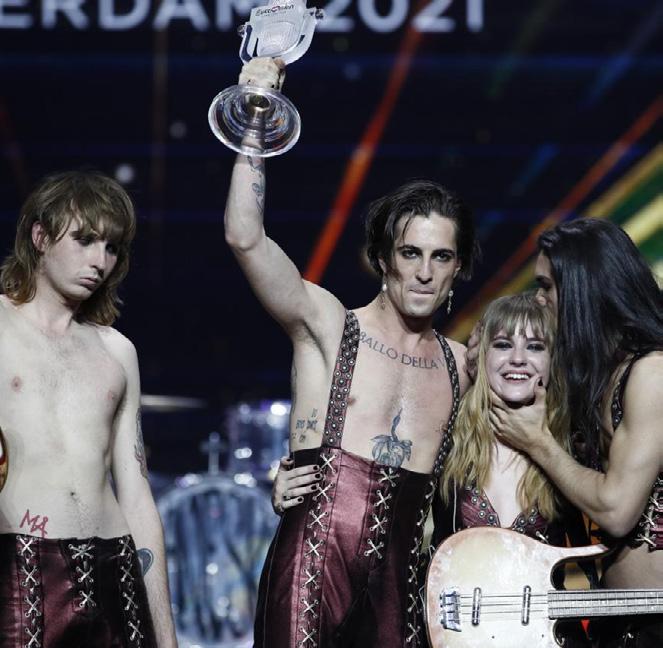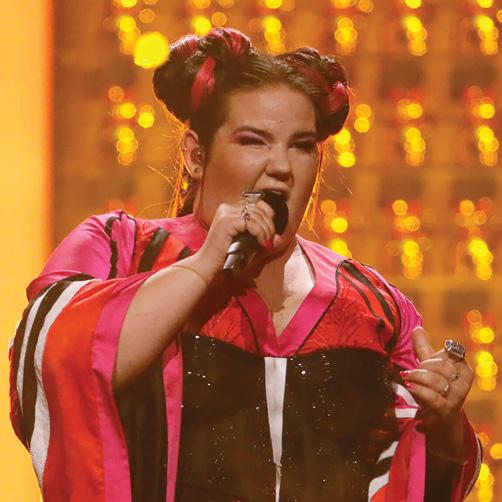
3 minute read
THE PASSION AND KITSCH OF EUROVISION
Click here for more Eurovision content.
By Christian Baines


When Will Ferrell’s Eurovision Song Contest: The Story of Fire Saga hit Netflix in 2020, it was the most many North Americans had seen of the world’s biggest song competition. Started in 1956 as a contest between seven countries, Eurovision stands apart from your average reality talent show, demanding a new, original song from each of its forty odd competitors each year. With just three minutes and no autotune, each act represents their home country on the world’s biggest musical stage, aiming to wow the judges and the public to collect as many sets of 12 points or douze points as possible.
There’s no other contest on earth quite like Eurovision. 180 million viewers are drawn each year to its music, drama, glamour, and sheer camp factor. Typically hosted by the previous year’s winning country, Eurovision brings its host city alive with anticipation. Get in quick if you want tickets to any of the nine shows that take place over a week at the host arena. Three of these are televised live around the world, while the rest are technical rehearsals filmed as back-up. Though not quite as exciting as the live shows, these offer a fantastic (and slightly cheaper) glimpse into the inner workings of Eurovision.
Festivities aren’t confined to the arena, either. Eurovision takes over its host city with a glamorous opening ceremony, plus free concerts and parties throughout the week, many of which feature past and present Eurovision stars. It’s a bona fide all-European celebration. The vibe is very come as you are, unified through music and memories. Nobody judges at Eurovision (well, unless you’re on stage!).
Eurovision is so popular in some countries that you can get a taste of it year-round. Stockholm’s Pop House celebrates Sweden’s accomplishments, including ABBA, whose victory opened the door to Sweden’s now countless hit makers. Meanwhile, the small fishing village of Husavik in Iceland has capitalized on its appearance in Ferrell’s film, opening Iceland’s first Eurovision Museum. While Iceland is yet to claim victory, recent acts like Hatari and Daði & Gagnamagnið have seriously raised its profile.
For all the kitsch, Eurovision has also had a major impact in times of crisis. Ukraine is one of the contest’s fiercest competitors, having won three times in just 20 years of competition. Kalush Orchestra’s 2022 victory in Turin with “Stefania”, a mash-up of folk music and hip-hop that embodies Eurovision’s eclectic appeal, feels as symbolic as Ukraine’s first victory in 2004, just six months before Ukrainians would take to the streets for election transparency and begin the Orange Revolution.
It’s not the first time the contest has had profound political impacts. In 1974, a year better known for ABBA’s victory with “Waterloo”, Portugal’s song “E depois do adeus” signalled revolutionaries to begin the coup that brought down the Salazar dictatorship. During The Troubles of the 1990s, Ireland won an unmatched four times, lifting the nation’s spirit right when it was needed most.
Around the same time, freshly democratized Eastern European countries began using the competition to reclaim their voice, often with strong results. Eurovision’s embrace of the marginalized, creative, and unusual has also endeared it to outsiders in some of Europe’s most conservative countries. In 1998, the contest’s first openly Trans competitor, Dana International, attracted controversy in her home country, Israel. She soon silenced critics, claiming victory with her song, Diva, and further cementing Israel’s reputation as a bastion of LGBTQ+ acceptance in the Middle East. While Eurovision may officially be apolitical, it also demonstrates the social and cultural impacts three minutes of music can have.
Whether you’re there for the live show, the parties, the campy spectacle of it all, or just happen to be in town by coincidence, seeing Eurovision in person is a pan-European cultural experience not to be missed.










